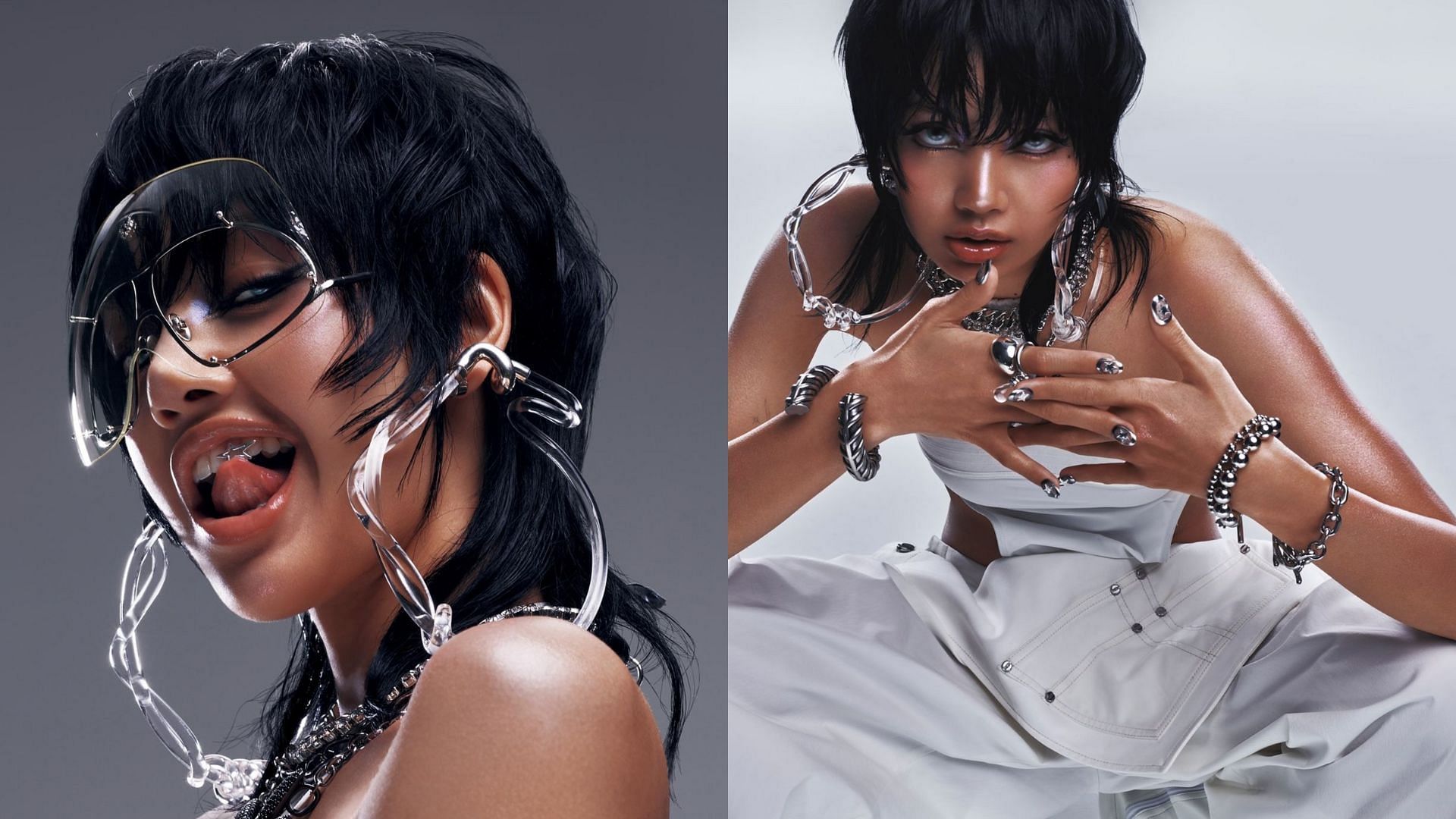
BLACKPINK's Lisa Accused of Blackfishing in New Solo Single Teaser
July 10th, 2024
00:00

00:00
Summary
- Teaser photos for Lisa's single ROCKSTAR released on June 22
- Images show Lisa with a darker skin tone, sparking blackfishing accusations
- Controversy highlights broader implications in global pop culture
Sources
On June twenty-second, BLACKPINKs Lisa unveiled teaser photos for her eagerly awaited solo single, ROCKSTAR, sparking diverse reactions across social media platforms. The images depicted Lisa with a noticeably darker skin tone than usual, stirring accusations of blackfishing. This term describes a phenomenon where non-black individuals modify their appearance to resemble black or mixed-race individuals, often involving the use of tanning products, darker makeup, or specific hairstyles and accessories. The debate intensified as further details in the teaser images, such as Lisas outfit and use of dental grills, elements commonly associated with black culture, were scrutinized. This led to a split in public opinion, with some netizens accusing her of cultural appropriation, while others defended her by highlighting the prevalent issue of whitewashing in the K-pop industry. Supporters argued that the darker skin tone could be closer to her natural complexion, overshadowed in the past by the industrys standard makeup and styling practices. As the controversy unfolded, various reactions poured in from around the globe. A user on the social platform X expressed disappointment and frustration, accusing Lisa of copying black culture and emphasizing the need for awareness around cultural appropriation. Another user critiqued the styling choices, suggesting they mimicked those typically seen on black women. In contrast, some fans came to Lisas defense, explaining that as a Thai woman, her skin tone could naturally be darker than what previous heavily filtered photos suggested. They argued that accusations of blackfishing disregard the ethnic diversity within Asian communities themselves and pointed out the normalization of lighter skin tones in media representations of K-pop stars. This incident has reignited discussions about the influence of black culture on K-pop, highlighting how Korean pop music and aesthetics have drawn heavily from Western influences, particularly black artists. The debate underscores a broader conversation about originality and cultural borrowing in the music industry, reflecting ongoing tensions between cultural appreciation and appropriation. As Lisa prepares for the official release of ROCKSTAR, the discussions surrounding the teaser photos serve as a reminder of the complex dynamics of cultural exchange in the globalized pop culture landscape. The reaction to Lisas imagery is just one of many instances where K-pops intersection with black culture has prompted both criticism and support, pointing to a continuous dialogue about identity, representation, and respect in the arts.